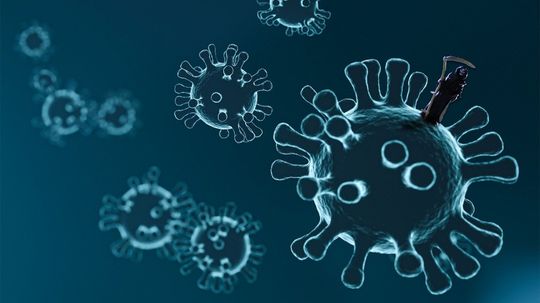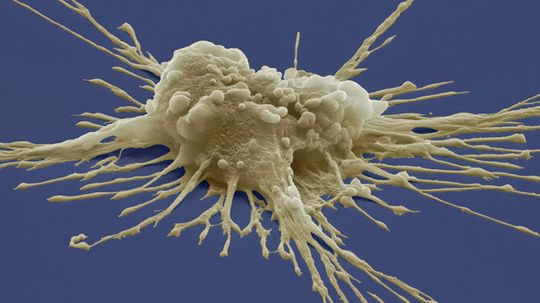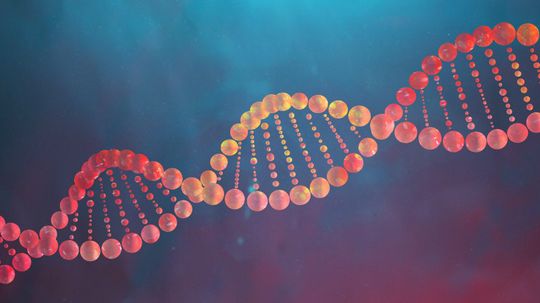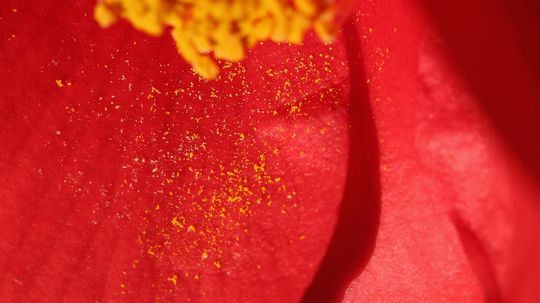Life Science
From the smallest microbe to the largest mammal, Life Science explores the origins, evolution and expansion of life in all its forms. Explore a wide range of topics from biology to genetics and evolution.
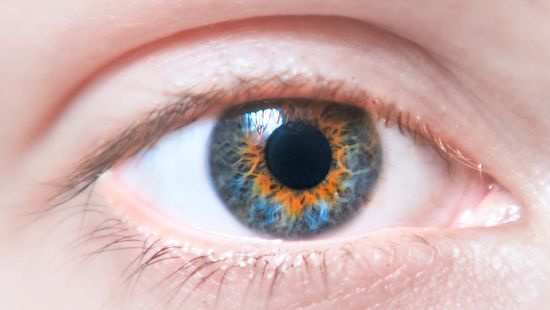
Central Heterochromia: When to Worry About Eye Color

10 Types of Noses to Spot in a Crowd
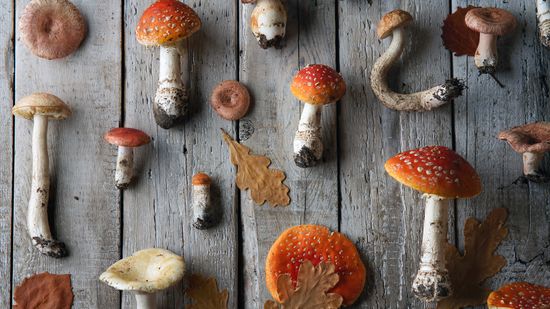
3 Major Types of Mushrooms: Edible, Wild and Poisonous

3 Types of Trees You'll Find All Over the Planet
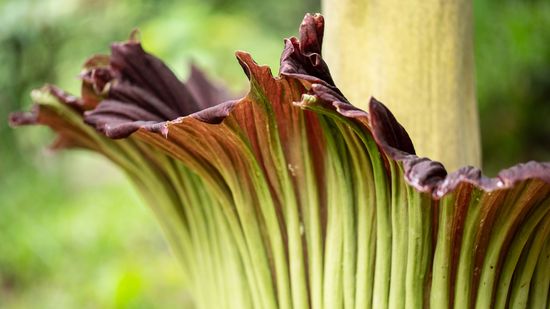
A Corpse Flower Can Grow Over 12 Feet (3.7 Meters) Tall
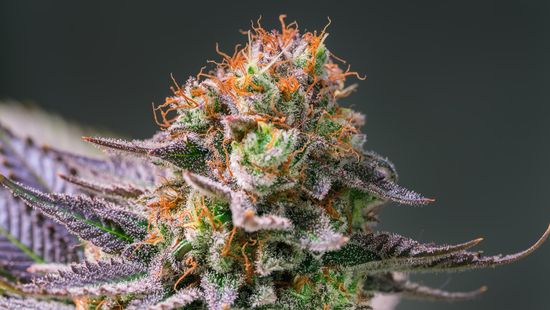
Indica vs. Sativa: How to Distinguish Between Cannabis Plants
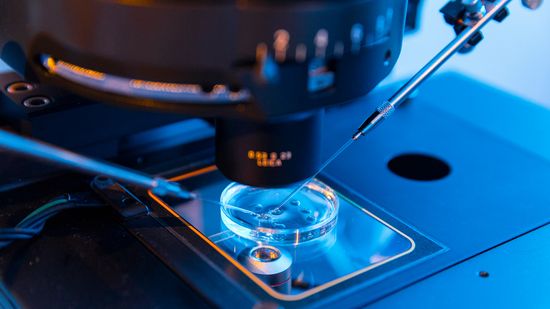
In Vivo vs. In Vitro Trials (and Why Combining Both Is Best)

Hypertonic vs. Hypotonic Solutions: Differences and Uses

Your Phone Is a Germ Factory, So Stop Taking It to the Toilet

Neanderthal vs. Homo Sapien: Separate Species With Different Fates

Howstuffworks Interviews: Extinction Level Events with Annalee Newitz

What will the Earth look like in 50,000 years?

Is a Woolly Mammoth Clone Even Possible?

The Most Common Hair Color Isn't Blonde

What Is the Most Common Eye Color? Over 70% of People Have It

9 Types of Intelligence: The Many Ways to Expand Your Mind

Phineas Gage and the Birth of Modern Neuroscience

Call of the Void: A Counterintuitive Form of Self-preservation
Learn More / Page 10
What exactly is fear? In this article, we'll examine the psychological and physical properties of fear, find out what causes a fear response and look at some ways you can defeat it.
By Julia Layton
Twins are unique people who are also eerily similar to each other. Do twins really have ESP? Learn how twinning happens and what types of twins are out there.
Poison ivy is often very difficult to spot. But if you come into contact with it, you'll soon know by the itchy, blistery rash that forms on your skin. Learn how poison ivy causes that rash, and how to get rid of it.
Advertisement
If you've kept up with the news lately, you've probably heard dire warnings about avian flu, or bird flu. In this article, we'll review the basics of how viruses and influenza work, and we'll learn the answers to these and other questions about avian flu, including whether it is likely to cause a global flu epidemic.
How can the grass on the greens at a golf course be so perfect? What are they doing that's different from a normal lawn? Could my lawn look like this?
Hand sanitizers can only get you so far in preventing a viral infection. Scientists are discovering how visible light can be used to destroy viruses. Learn about the laser technique and what it means for the future.
You may be familiar with the medieval "Black Plague," but did you know that bouts of plague still break out today? Find out what causes an outbreak, why plague still exists and how the plague has influenced history.
By Tracy V. Wilson & Alia Hoyt
Advertisement
While most flu sufferers moan and groan for about a week and then return to work, the flu season creates more than just discomfort and a costly loss of work days.
We hear about them on the news and we listen to politicians argue for and against them using them to treat disease. Learn all about stem cells and the research, challenges and controversy that surround them.
Dozens of people are frozen in cryogenic storage facilities, waiting to be revived when science is able to cure whatever killed them. But if they're dead, is revival from a frozen state even possible? Find out.
Dreams combine verbal, visual and emotional stimuli into mystifying storylines. Should we bother to interpret them? Are they random brain impulses, or do they offer insight into our waking lives?
Advertisement
Nearly every cell in your body has the same DNA. It's the hereditary material located your cells' nucleus. But what does it do and why is it so important to all living beings?
The more you know about your memory, the better you'll understand how you can improve it. Get details on how your memory works and how aging affects your ability to remember.
Your co-worker just yawned in a meeting, and now everyone on his side of the table is yawning, too. Learn about what might've caused him to do it in the first place and why you're likely to yawn right along with them.
Collective hysteria can spread when a fear exists of exposure to a disease, combined with a contained environment. Learn more about collective hysteria works.
Advertisement
Where did humans come from? How did they migrate throughout the globe? Thanks to a longstanding anthropological concept and an unexpected discovery, conventional wisdom on human migration may be irrevocably shattered.
By Josh Clark
You've been looking forward to your European vacation for months. But the first few days of your trip, you're grouchy, exhausted and brain dead. Is there some way to prevent or cure jet lag?
You won't find some of history's biggest killers on this list, but you will find at least one disease that will make you want to bite something and another that might make you break out in "elevated pustules." Curious yet?
By Garth Sundem
Did you know that elements of your genetic code are patented? Companies and researchers can actually lay claim to sequences of genetic code. Is that as scary as it sounds?
Advertisement
Most people would recall every detail of being held up in a bank robbery but not so well the details of their last birthday party. The brain is wired for recalling trauma for a very good reason.
Pollen grains are, in essence, plant sperm. But how do the grains get where they need to go, and what's the advantage of trusting your genetic future to the winds?
How did life on Earth begin? Theories abound, but one popular one posits that it started spontaneously from primordial ooze on our planet, while another holds that it literally came from outer space. Who's right?
By Josh Clark
Aristotle defined hate as a dislike so intense that whoever feels it wants to cause another person real harm. What is going on in our brains when we hate? And can hate ever be a good thing?
Advertisement
Urushiol is the active chemical in poison ivy. Learn more about urushiol and how to properly remove poison ivy.
A society run by women doesn't have to be the mirror opposite of one run by men. What does a matriarchy look like, and is it possible you're already living in one?





